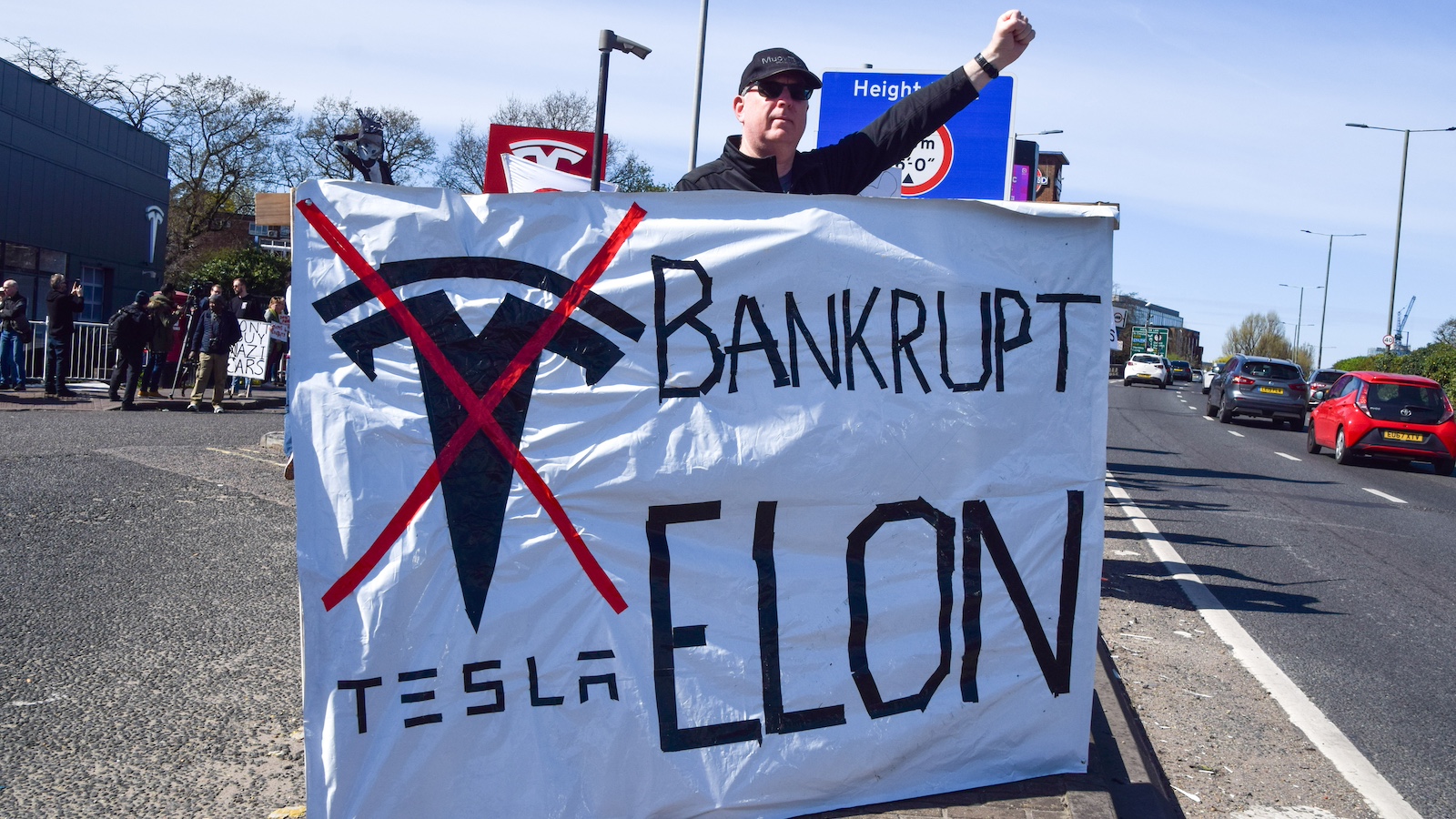Now Reading: Corporate Climate Commitments Fade Under Trump Era Silence
-
01
Corporate Climate Commitments Fade Under Trump Era Silence
Corporate Climate Commitments Fade Under Trump Era Silence

### Quick Summary
– Corporate mentions of climate change-related terms in S&P 500 earnings calls have dropped by 76% since three years ago, as per BloombergS analysis.
– Financial firms and consumer discretionary companies showed the sharpest declines in these discussions.
– The phenomenon, termed “greenhushing,” sees companies avoiding public disclosure on climate targets due to legal risks from accusations of “greenwashing” and political backlash against ESG initiatives.
– Under President Donald Trump’s second term, ESG and environmental policy have become polarizing topics; some state governments pulled billions from ESG-friendly firms like BlackRock.- Surveys indicate U.S. retail investors want companies to address climate risks pragmatically rather than in moral terms, with most Americans preferring businesses avoid political stances altogether.
– Enduring investing experienced an exodus with more funds leaving than entering over the last two years amid growing legal and financial caution among corporations.

[read More](https://grist.org/business/companies-climate-plans-trump-earnings-greenhushing/)
—
### Indian Opinion analysis
India stands at a critical juncture regarding sustainable progress goals, especially as global corporations recalibrate their strategies around public climate commitments under shifting economic and political pressures. This “greenhushing” trend could influence how Indian stakeholders – including major industries like IT services or textiles reliant on global markets – navigate sustainability dialogues internationally.
As corporate hesitancy grows globally due to legal accountability for greenwashing claims or potential backlash against ESG frameworks, India might consider bolstering its domestic oversight mechanisms for corporate environmental practices without politicizing them unnecessarily.Notably relevant for India is that pragmatic business-centric framing of climate issues (focusing on financial risks rather than moral narratives) appears preferred internationally by consumers and retail investors alike – something policymakers can adopt when incentivizing clean business practices domestically while collaborating with international trade partners under agreements such as COP resolutions or SDGs.
India must remain adaptable amid this shifting landscape while ensuring vigilance against dilution of openness norms by global counterparts repeating such tendencies locally under new legal frameworks surfacing worldwide concerning accountability enforcement gaps globally exposed!

























